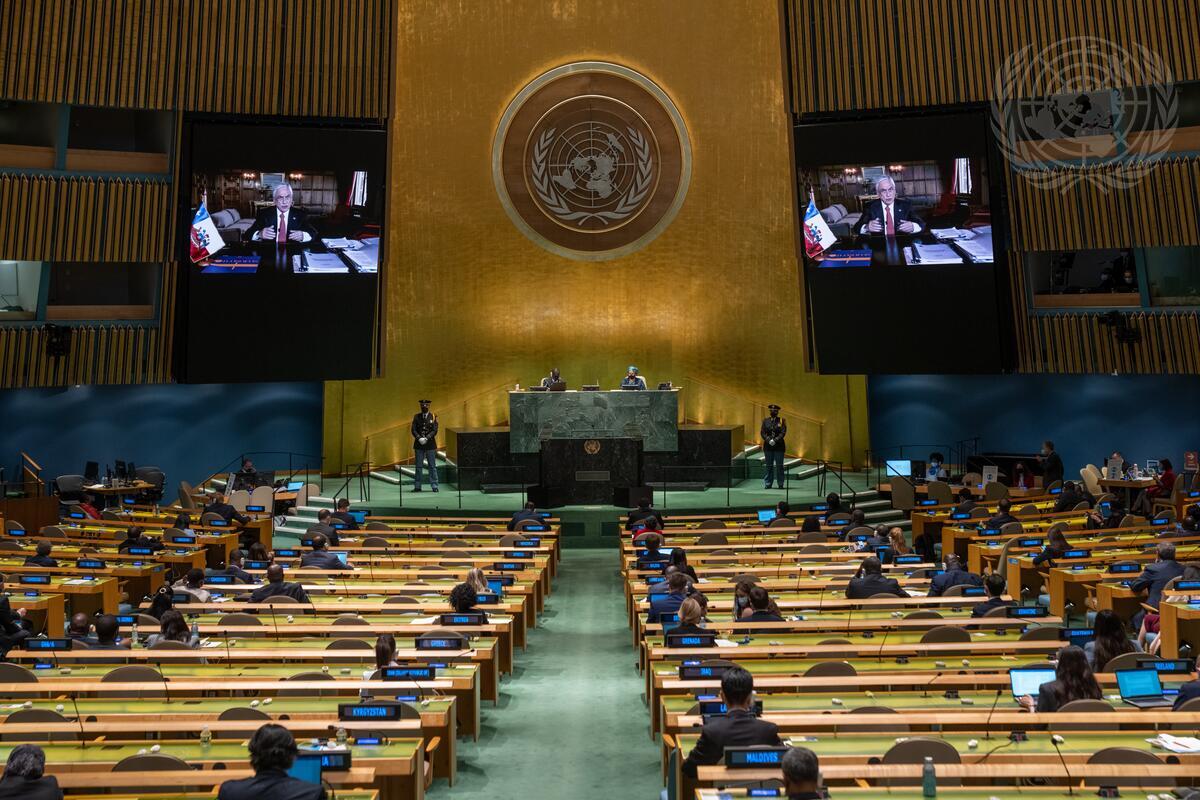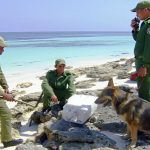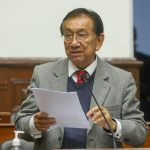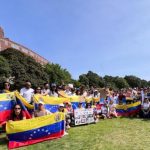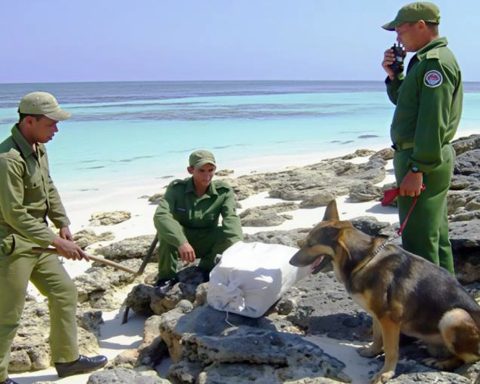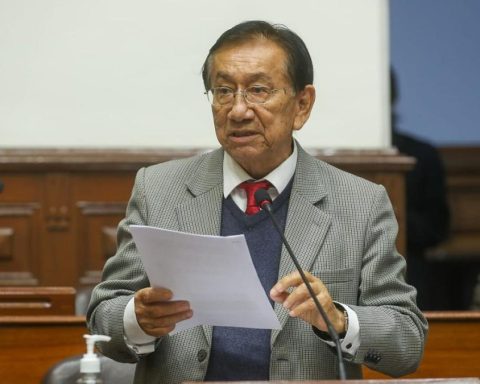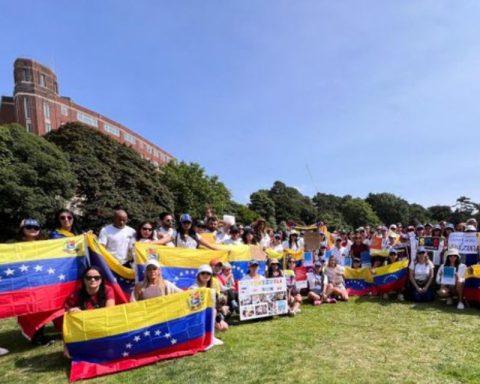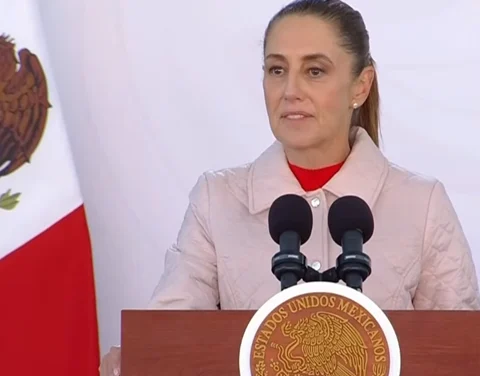One day after Honduras voted in the United Nations Human Rights Council against the resolution “Promotion and Protection of Human Rights in Nicaragua,” which creates a mechanism of three international experts to investigate violations to human rights, the Government of Xiomara Castro tried to change its vote against to abstention.
The vote in Honduras had a great impact at the local and regional level, since the new Castro government made its debut in international diplomacy by aligning itself with the allies of the regime of Daniel Ortega and Rosario Murillo: Russia, Cuba, China, Venezuela, Bolivia, and Eritrea, an African country.
The Honduran Foreign Minister, Eduardo Reina, told Televicentro, Channel 5, that there was “an error”, because his country did not vote against it, but rather abstained, and that everything was due to “media confusion”.
A statement from the press secretary indicated that “there was a misunderstanding by the media that replicated a version of the press from Nicaragua, according to which the Government of Honduras voted against.”
It is good that Honduras rectify its vote “against” the creation of a Group of Experts in the UN, to investigate the crimes of the Ortega dictatorship, with one “abstention.” But it is wrong that he attributes the “error” to “press versions of Nicaragua.” The blackboard doesn’t lie!
– Carlos F Chamorro (@cefeche) April 2, 2022
According to the press secretary, “Honduras abstained because the policy of the Government of Xiomara Castro is not to intervene in the affairs of other States.”
The Honduran Minister of Economic Development, Pedro Barquero, attributed the vote against “a communication error” between Geneva and Tegucigalpa, for which this Friday the Castro government sent “a correction” to the Human Rights Council, where supposedly ” was accepted”.
When asked by Radio América about whether it is possible to change the vote in the Human Rights Council, Barquero replied: “Yes, of course. It’s already done, the change is already there and it’s already registered”.
“Apparently a person did not understand the instruction that had come from the Government House and that is why they voted that way, but controls are already being implemented to ensure that these errors are not made again,” said the Honduran minister.
The senior investigator of the division for thes Americas of Human Rights Watch, Juan Pappier, explained that legally “it is not possible to change the vote as such.” However, he said that, in cases like this, what is sought is “that there be a note in the final report of the session indicating the subsequent position of Honduras”, which would mark distance with the Ortega regime.
